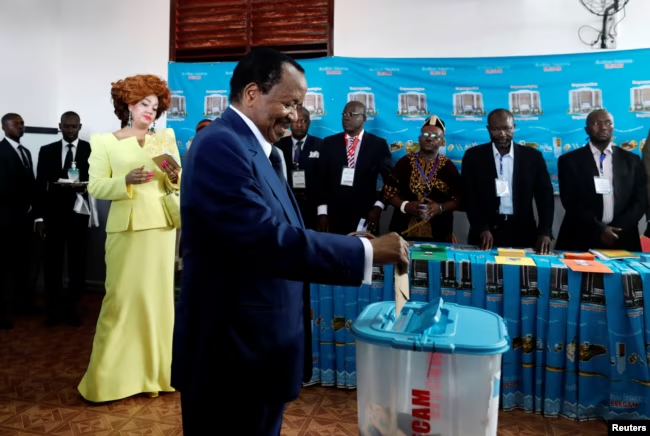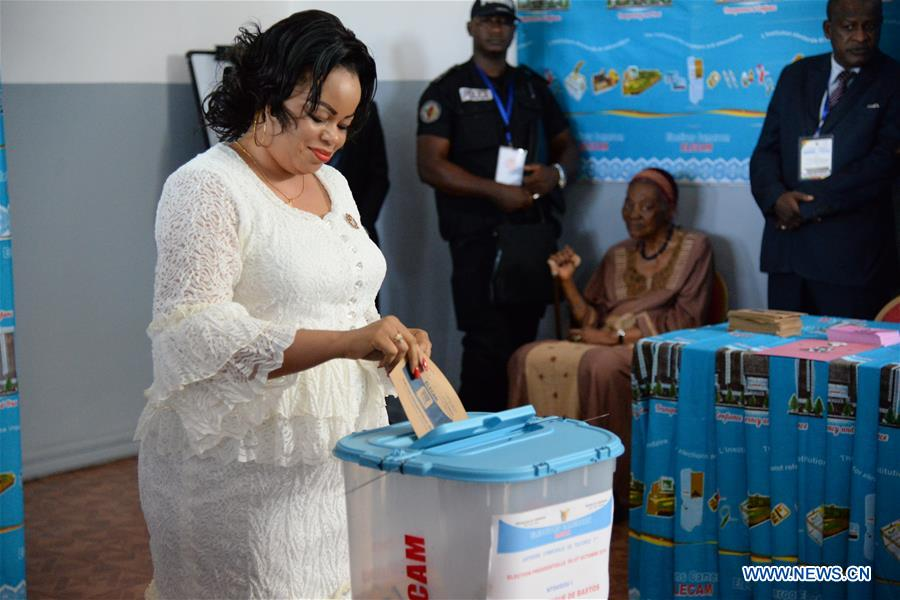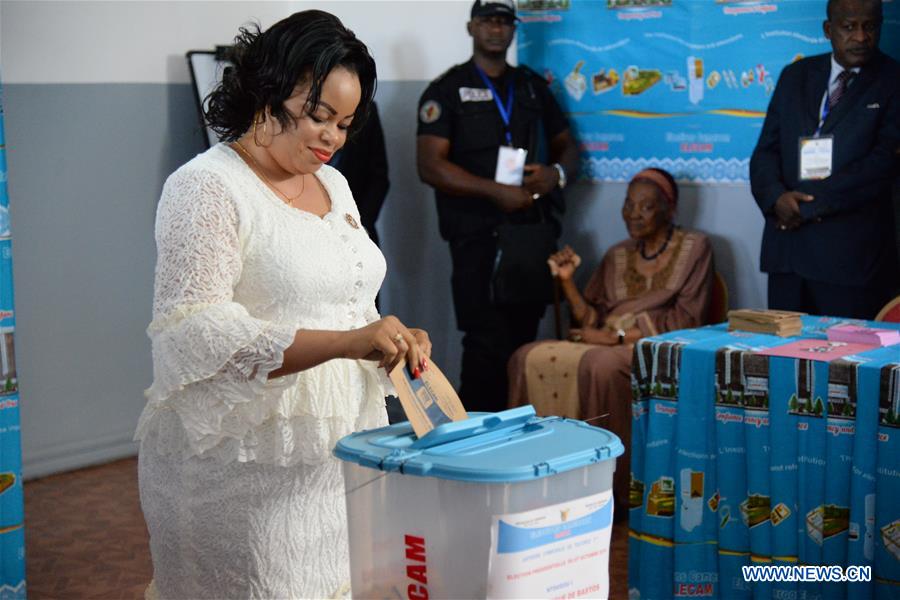With Cameroon’s presidential election just weeks away, the country’s young majority — over 60% of the population — faces a defining moment. Official figures put youth unemployment at 6.23% for 2024, but behind that statistic lies a far harsher reality: large numbers of young Cameroonians remain underemployed or jobless, trapped in precarious work and economic uncertainty.

This disillusionment collides with a flicker of hope. Many in Yaoundé’s busy streets say they will vote in October, seeing the election as both a civic duty and a last chance for change. “The country’s situation worsens daily,” said hairstylist Chindo Neola. “We just hope whoever wins will tackle our problems.”
Others speak with more resolve. “This is my birthright — a chance to decide my country’s future for the next seven years,” declared youth leader Yoh Blaise Mawoh, adding he would vote “with optimism.”
Yet frustration is mounting. Fabrice Lena, head of a youth empowerment NGO, said his generation had reached “the elastic limit of patience” after decades of single-person rule. “On 12 October, we will cast a vote of hope,” he said, implicitly questioning the longevity of Cameroon’s political status quo.

Analysts argue that young voters could be decisive — but only if they act in concert. “Cameroonian youths are not yet at the level of coordinated action independent of political elites,” noted political analyst Ngala Desmond. He suggested that youth movements might need to “learn from other countries,” pointing to Nigeria’s #EndSARS protests as an example of grassroots mobilisation capable of pressuring entrenched power.
President Paul Biya, 93, has ruled since 1982 and confirmed in July he would seek re-election despite persistent rumours about his health. His candidacy underscores the paradox at the heart of Cameroon’s 2025 election: a youthful population confronting an ageing leader who is already the world’s oldest head of state. Whether this generational clash translates into a political shift depends largely on whether young voters can transform their numbers into real influence.



